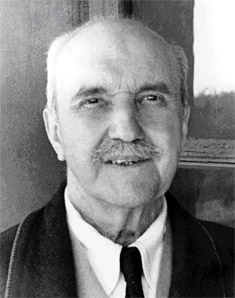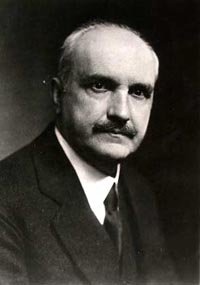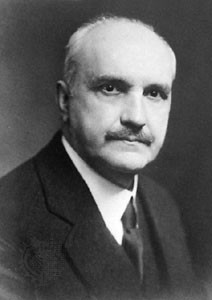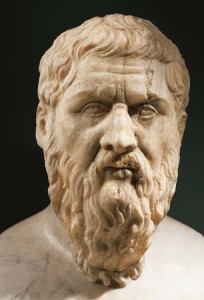
To Charles Augustus Strong
Venice, Italy. October 14, 1927
I am tempted to say something about the philosophical part of your letter, although you know my disbelief in the value of controversy on these points. What is required is clearness in the respective conceptions: as to which is true, if any, we can leave it to God or to the horse sense of mankind. Now, I have felt for some time that your views were changing, and although of course my first choice would be that you should agree with me heartily and completely, if this is impossible, my second choice would be that you should take up an entirely different position from mine: there might then be either diversity without real conflict, or a fundamental difference of attitude or judgement, and not, what is most annoying, mutual misunderstandings.
It wouldn’t surprise me if, on the point you mention, misunderstandings stood between us rather than a real disagreement. I should agree that “the datum of perception” is not an essence. The phrase “datum of perception” can be understood only in the sense in which we speak of “data of ethics”—the elementary facts which make up our knowledge in that field. The “data of perception” would then be things, or the events in one’s life. But when I maintain that “data” are essences and that nothing “given” exists, I am using the term in a much stricter sense. By a “datum” I mean something which exists only speciously, and is exhausted by being given; so that there can be no such thing as a “datum of perception” at all. The deliverance of perception is the existence of an object: but this, by my definition, cannot be given: it can only be posited, as existing on its own account; and it is on its own account, if at all, that it exists. There can be “data” of intuition or feeling; there cannot be “data” of perception, but only objects. The data in perception are the essences which feeling or intuition is then manifesting in their entirety and raising to specious existence as terms in that perception: but the object of the perception (isn’t this what you mean by its “datum”?) is a fact outside the perception: whereas a “datum”, in my sense, can never be a fact outside intuition or feeling (which is simply intuition of a simple essence: for you understand that I am speaking of conscious feeling).
I don’t know whether this explanation does more than re-iterate what you know already to be my view: but I thought it worth while to repeat it, since your use of the phrase “datum of perception”, as if it were unobjectionable, suggests that my meaning of “datum” and “given” was not at the moment before your mind.
Miller used to be a hopeless victim of psychologism, not seeing that if the moments of life have no ulterior objects, consciousness of living must itself have no ulterior object, and the psychological flux must be only the “idea” or “datum” of a psychological flux, abusing the Cherub in his timeless ecstasy. I hope you have succeeded in bring this Cherub to earth, and making him recognize the omnipresence of animal faith, even in his own warblings.
From The Letters of George Santayana: Book Three, 1921-1927. Cambridge, MA: The MIT Press, 2002.
Location of manuscript: Rockefeller Archive Center, Sleepy Hollow NY
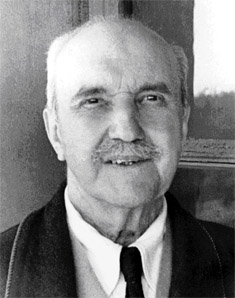 To Victor Wolfgang von Hagen
To Victor Wolfgang von Hagen
